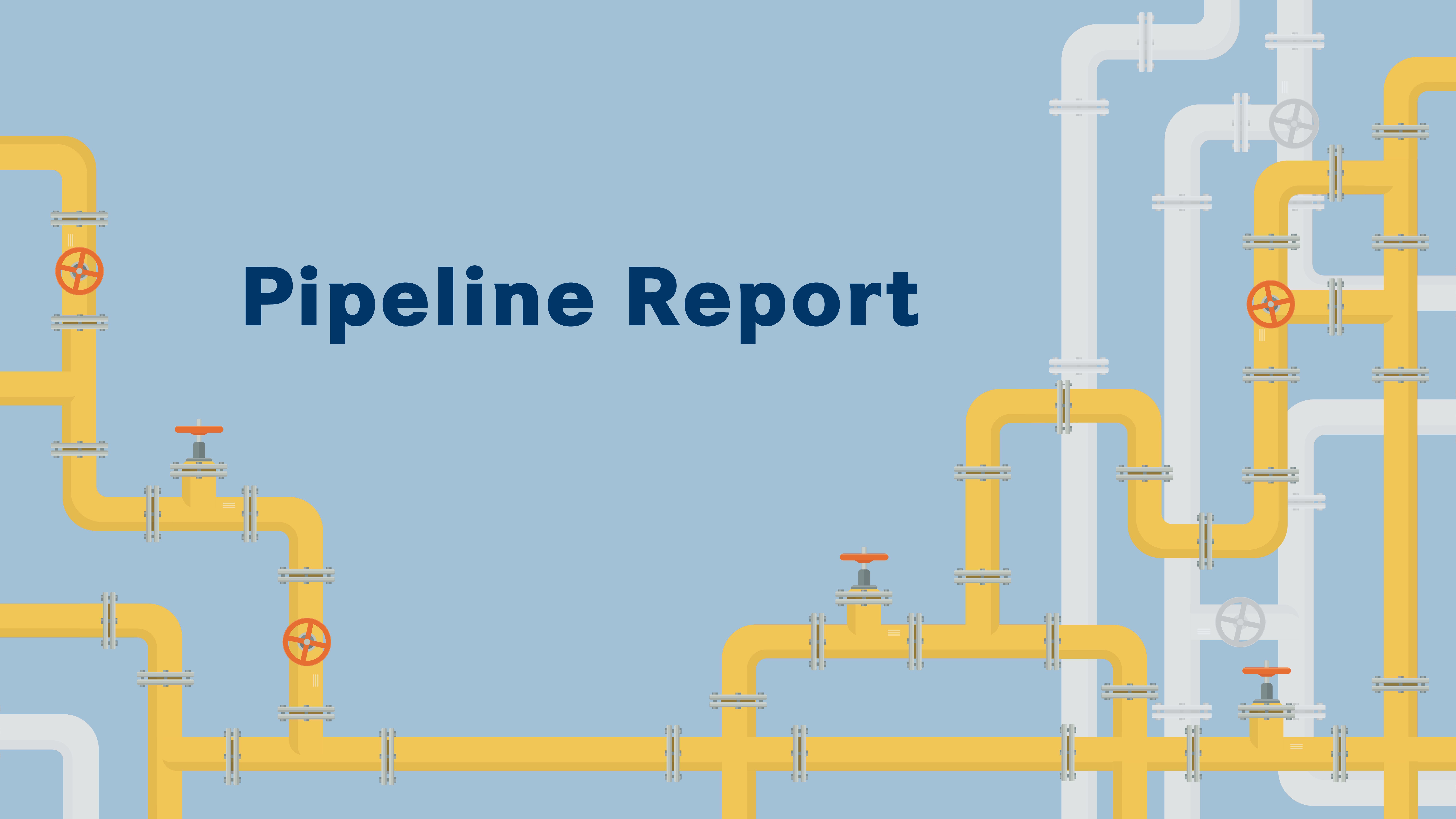
Bavdegalutamide Showcases Early Activity in Metastatic Castration-Resistant Prostate Cancer

The novel androgen receptor PROTAC degrader, bavdegalutamide, was found to be clinically active and tolerable with manageable adverse effects in patients with metastatic castration-resistant prostate cancer.
The novel androgen receptor (AR) PROTAC degrader, bavdegalutamide (ARV-110), was found to be clinically active and tolerable with manageable adverse effects (AEs) in patients with metastatic castration-resistant prostate cancer (mCRPC) following 1 to 2 prior novel hormonal drugs, according to data from the phase 1/2 ARDENT trial (NCT03888612).1
Results, which were presented during the
“Patients in the less pretreated subgroup, based on clinical history, and those in the more pretreated biomarker-defined subgroups had tumors with similar non-AR molecular profiles,” lead study author Xin Gao, MD, of Massachusetts General Hospital, said in a presentation on the data. “Bavdegalutamide merits further investigation in patients with mCRPC.”
The novel, oral PROTAC protein degrader was designed to target wild-type AR and clinically relevant mutants. In a phase 1 dose-escalation study of the agent in patients with mCRPC who previously received at least 2 therapies, including abiraterone acetate (Zytiga) and/or enzalutamide (Erleada), an exposure/activity relationship was observed in heavily pretreated patients.
Moreover, a PSA50 rate of 40% was reported in a subset of patients whose tumors harbored AR T878X/H875Y mutations (n = 5). Based on the safety, pharmacokinetic (PK), and efficacy data, investigators selected a once-daily dose of 420 mg as the recommended phase 2 dose (RP2D).
The phase 2 expansion trial enrolled those with confirmed metastatic CRPC and experienced disease progression on, or since, their most recent therapy received, as well as 2 or higher rising PSA values (≥2 ng/mL).
The biomarker-defined subgroups included those with AR T878A/S and/or H875Y; wild-type AR or AR alterations other than T878A/S, H875Y, L702H, AR-V7; and AR L702H or AR-V7 (co-occurring T878X/H875Y included). These patients previously received 1 to 2 hormonal agents, and at least 1 prior chemotherapy each for castration-sensitive disease and CRPC. There was also a clinically defined, biomarker agnostic subgroup of less pretreated patients who received 1 prior novel hormonal agent, but no prior chemotherapy.
Bavdegalutamide was given at a starting dose of 420 mg once daily. Notably, dose reductions and interruptions were allowed for those who needed them due to toxicity.
The primary end points of the trial included PSA response rate, RECIST response rate, progression-free survival (PFS) and radiographic PFS. Key secondary end points comprised duration of response, overall survival, safety and laboratory abnormalities, and PK parameters.
The analysis presented at the meeting includes complete findings from the phase 1 portion of the trial and interim data from the phase 2 portion of the research. The data cutoff date for the analysis was December 20, 2021.
Among the 124 patients included in the phase 2 portion of the trial, the median age was 74 years (range, 48-91), 50% had an ECOG performance status of 1, 31% had visceral disease, and the median number of prior lines of therapy received was 4 (range, 1-11). All patients received a prior novel hormonal agent; 64% of patients had prior abiraterone, 75% had prior enzalutamide, and 39% previously received both agents. Thirty-one percent of patients previously received chemotherapy.
Additional data showed that 2 of 7 patients with tumors harboring AR T878X/H875Y mutations had confirmed RECIST partial responses to treatment.
Moreover, PSA declines of 50% or higher were observed across all subsets of patients analyzed in the ARDENT trial. Eleven percent of patients who had wild-type AR or AR alterations other than T878A/S, H875Y, L702H, AR-V7 (n = 44) experienced PSA50; 20% of these patients had PSA30. Four percent of patients with AR L702H or AR-V7 mutations (n = 25) had PSA50; 20% of these patients had PSA30. Lastly, 22% of patients in the less pretreated subset (n = 27) had PSA50; 26% of these patients had PSA30.
Regarding safety, 83% of patients experienced treatment-related AEs (TRAEs). The most common TRAEs included nausea (48%), fatigue (36%), vomiting (26%), decreased appetite (25%), diarrhea (20%), alopecia (14%), aspartate aminotransferase increased (12%), weight decreased (12%), and anemia (11%). The most common grade 3 toxicities were anemia (5%) and diarrhea (2%).
Eight percent of patients who received bavdegalutamide at the RP2D experienced TRAEs that led to dose reductions, and 9% had TRAEs that resulted in treatment discontinuation.
Reference
- Gao X, Burris HA, Vuky J, et al. Phase 1/2 study of ARV-110, an androgen receptor (AR) PROTAC degrader, in metastatic castration-resistant prostate cancer. J Clin Oncol. 2022;40(suppl 6):17. doi:10.1200/JCO.2022.40.6_suppl.017




































